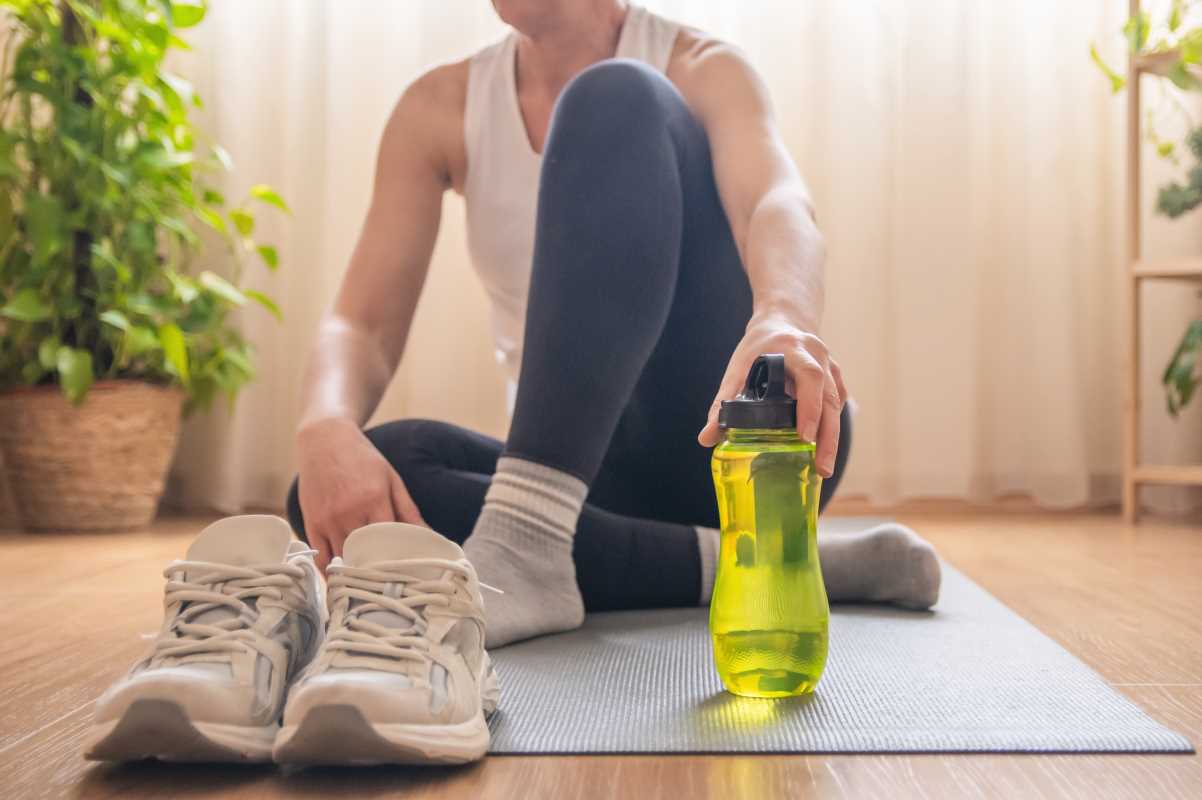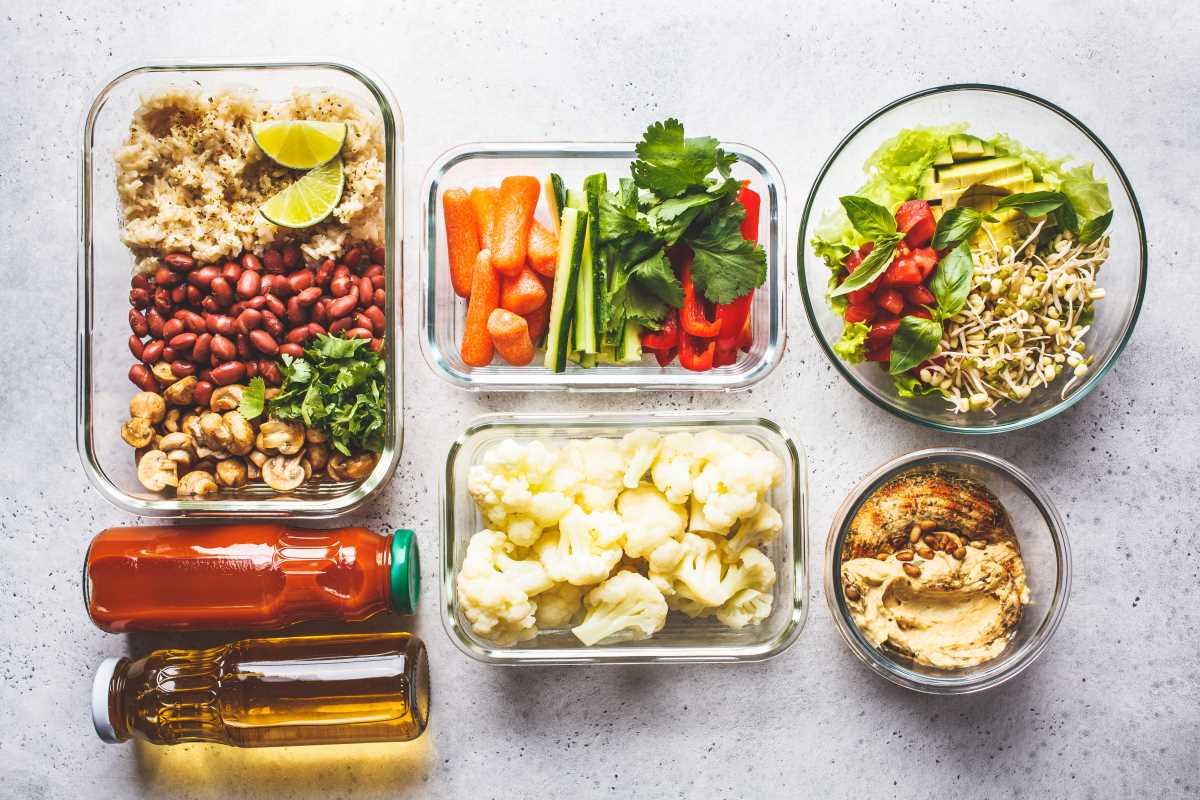Good circulation and healthy nerves are vital to your overall well-being. Poor circulation can lead to cold extremities, slower healing, and fatigue, while nerve pain can significantly affect your quality of life. The good news is that there are effective, natural ways to improve both circulation and nerve health, allowing you to feel and function better. Here’s a deeper look into practical methods you can integrate into your lifestyle.
1. Stay Physically Active
Exercise is one of the most powerful ways to boost circulation and support nerve health. When you move, your heart pumps blood more efficiently, delivering oxygen and nutrients to every part of your body. This process not only improves your mood and energy but also helps your nerves stay healthy.
Actionable Tips:
- Aerobic exercises like brisk walking, jogging, cycling, or swimming work wonders. These activities strengthen your cardiovascular system and improve blood flow to your extremities, even in areas prone to poor circulation.
- Stretching and yoga are great for flexibility and relaxation. Poses like the Downward Dog or Legs-Up-the-Wall can gently encourage blood circulation. They also release muscle tension, which can alleviate nerve pain over time.
- Daily movement matters! If you find it hard to carve out time for structured exercise, aim to incorporate physical activity into your everyday routine. For instance:
- Take the stairs instead of the elevator.
- Park farther away and walk to your destination.
- Get up and stretch during long periods of sitting.
Even 20–30 minutes of deliberate movement daily can yield incredible benefits for your body.
2. Maintain a Healthy Diet
Your diet directly impacts your blood flow and nerve health. Good nutrition fuels your body, ensuring it has what it needs to function at its best. Certain foods can help reduce inflammation, strengthen blood vessels, and protect your nerves from damage.
Foods to Prioritize:
- Omega-3 fatty acids found in fatty fish (like salmon and tuna), walnuts, and flaxseeds are known for reducing inflammation. They also promote proper nerve function by supporting the myelin sheath, the protective covering around your nerves.
- Vitamin B-rich foods are essential for nerve health. For instance:
- Eggs and lean meats supply vitamin B12, which repairs nerve damage and boosts nerve communication.
- Leafy greens like spinach and kale provide folic acid, which supports blood cell production.
- Avocados, packed with B vitamins and healthy fats, nourish your nerves while improving blood vessel flexibility.
- Citrus fruits like oranges, grapefruits, and lemons are rich in vitamin C and antioxidants. These nutrients fight free radicals, support blood vessel integrity, and promote better blood flow.
- Garlic and ginger act as natural blood thinners, reducing blood clots and improving circulation. You can add minced garlic to stir-fries or brew fresh ginger tea for a potent health boost.
- Dark chocolate with at least 70% cacao content contains flavonoids that relax your blood vessels, leading to improved blood flow.
Foods to Avoid:
Stay away from processed foods, trans fats, and sugary snacks. These can cause inflammation, hinder circulation, and negatively impact nerve function over time. Instead, focus on wholesome, unprocessed foods for optimal results.
3. Stay Hydrated
Water is vital for every bodily function, and circulation is no exception. When you're dehydrated, your blood becomes thicker, making it harder for your heart to pump it effectively. Ensuring you stay hydrated keeps your blood flowing smoothly and aids nerve communication.
Practical Hydration Tips:
- Set daily hydration goals. Aim for 8–10 cups of water each day. If you’re physically active or live in a hot climate, you may need more.
- Add variety with herbal teas like chamomile, peppermint, or ginger, which not only hydrate you but can also promote better blood flow.
- If plain water feels boring, try infusing it with cucumber slices, lemon, or fresh mint for added flavor.
Remember, coffee and alcohol are dehydrating, so balance their consumption with extra water intake.
4. Try Massage Therapy
Massage isn’t just a luxury; it’s a therapeutic tool with powerful effects on circulation and nerve health. By applying pressure to specific areas, massage stimulates blood flow, eases tension, and encourages the release of toxins from your tissues.
How to Incorporate Massage:
- Focus on problem areas. For poor circulation, target your legs and feet. For nerve pain, areas like the lower back or neck can benefit from regular attention.
- Use essential oils to enhance the experience. Lavender oil promotes relaxation, while peppermint can create a cooling sensation that soothes nerve discomfort.
- If visiting a professional masseuse isn’t feasible, invest in a foam roller or handheld massager for at-home sessions. Even a simple self-massage on your hands or feet can work wonders.
Regular massages, even as little as once a week, can improve your blood flow and reduce nerve irritation.
5. Use Heat Therapy
Heat therapy is a simple, effective way to boost circulation and reduce nerve pain. Applying warmth dilates your blood vessels, allowing blood to flow more easily to stiff or aching areas.
Ways to Use Heat:
- Apply a heating pad or warm compress to the affected area. Just 15–20 minutes can significantly increase blood flow and reduce discomfort.
- Take warm baths with Epsom salts, which are rich in magnesium. Magnesium relaxes muscles, eases nerve tension, and supports better blood flow in sore areas.
- For a more luxurious experience, consider infrared heating pads or spa treatments that use heat to penetrate deeper into your tissues.
However, avoid prolonged exposure to high heat, as it may lead to skin irritation or exacerbate swelling.
6. Practice Stress-Relief Techniques
Chronic stress is a hidden culprit behind poor circulation and worsening nerve pain. High stress levels trigger your body’s fight-or-flight response, constricting blood vessels and increasing inflammation.
Simple Stress-Relief Practices:
- Meditation: Spending even five minutes in stillness, focusing on your breath, can have profound effects on your stress levels.
- Deep breathing exercises: Try box breathing (inhale for 4 counts, hold for 4 counts, exhale for 4 counts, hold for 4 counts) to promote relaxation and improved oxygen flow.
- Engage in hobbies that make you happy, whether it’s journaling, painting, gardening, or playing a musical instrument.
Finding moments of peace in your day is key to promoting better nervous system function and calming the body’s natural responses to stress.
7. Supplement Smartly
Sometimes your body needs a little extra help in managing circulation and nerve pain. Certain natural supplements can provide targeted support.
Recommended Supplements:
- Alpha-lipoic acid helps fight off free radicals and supports nerve regeneration, making it effective for nerve pain relief.
- Vitamin B12 is critical for nerve repair and maintaining proper nerve function. Regular supplementation is especially important if you're vegetarian or over 50, as these factors can lead to B12 deficiencies.
- Ginkgo biloba increases circulation to the brain and extremities, improving oxygen supply to tissues.
- Magnesium is essential for relaxing tight muscles, alleviating cramps, and supporting healthy nerves.
- Turmeric contains curcumin, a natural anti-inflammatory compound that reduces both nerve pain and circulation-related inflammation.
Before starting any supplement, consult with your doctor to ensure compatibility with your existing health conditions or medications.
8. Prioritize Sleep
Sleep is the time when your body undertakes serious repair work. Without enough rest, your blood vessels and nerves may not get the recovery time they need, leaving you feeling fatigued and achy.
Tips for Better Sleep:
- Keep your bedtime consistent every night to regulate your body’s internal clock.
- Create a calming nighttime routine. Turn off screens an hour before bed, dim the lights, and opt for relaxing activities like reading or listening to soft music.
- Consider natural aids like melatonin supplements or chamomile tea if you struggle with falling asleep.
Strive for 7–9 hours of high-quality sleep for your body to renew itself fully.
9. Elevate Your Legs
If you deal with poor circulation in your lower half, elevating your legs can be an incredibly easy and effective solution.
How to Elevate Properly:
- Lie flat on your back and prop your legs on pillows so they’re above your heart. Doing this for 15–20 minutes can encourage blood flow back toward your heart.
- Get a wedge pillow to comfortably elevate your legs while sleeping or relaxing.
This simple practice reduces swelling, promotes venous return, and prevents discomfort in your feet and ankles.
10. Stay Warm and Wear Compression Gear
Cold constricts blood vessels, so staying warm is essential for promoting circulation. Additionally, compression gear helps support your veins, reducing swelling and encouraging blood flow.
What to Do:
- Bundle up with warm socks, gloves, or leggings in colder months to prevent blood vessel constriction.
- Compression stockings are especially useful if you work long hours standing or sitting, as they prevent blood from pooling in your legs.
By maintaining warmth and incorporating supportive compression gear, you’ll keep your circulation steady, even in challenging environments.
When to Seek Medical Advice
While these natural remedies can significantly help, persistent circulation problems or nerve pain may indicate underlying issues like diabetes, peripheral neuropathy, or cardiovascular disease. Reach out to a healthcare professional if:
- Your symptoms don’t improve despite lifestyle changes.
- You experience severe or worsening nerve pain, tingling, or numbness.
Improving circulation and alleviating nerve pain naturally is achievable with dedication and consistent care. By making small changes like staying active, eating nutrient-rich foods, and managing stress, you’re setting yourself up for long-term health and comfort.







